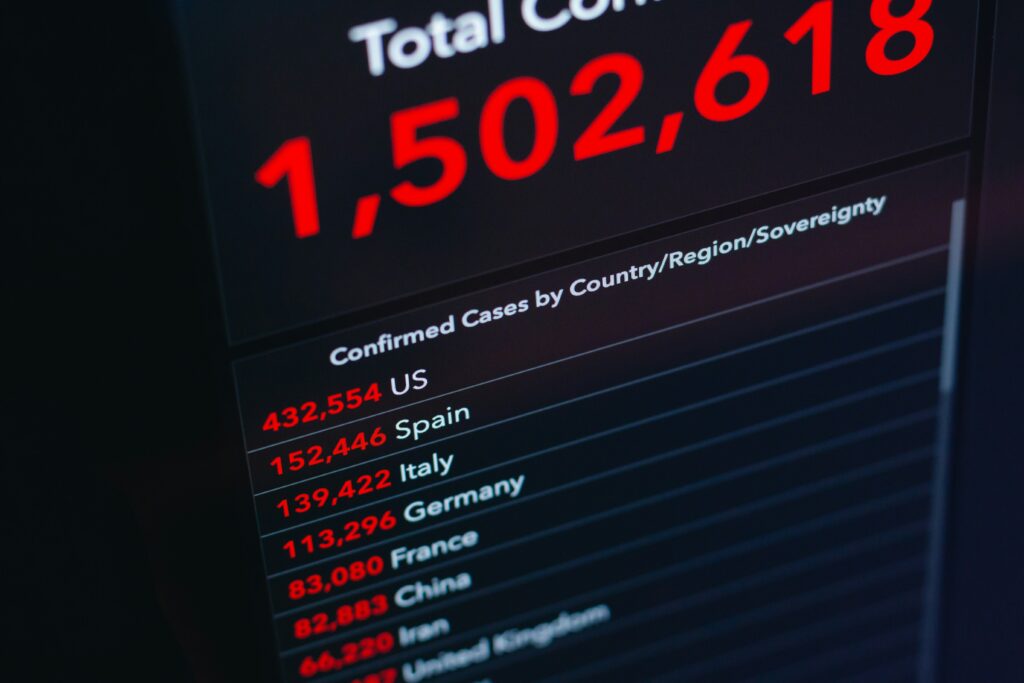In the fast-paced world of sports, the thrill of competition and the excitement of the game often go hand in hand with the risks associated with gambling. As an avid sports enthusiast, I’ve witnessed firsthand the impact of irresponsible betting behaviors on individuals and communities. That’s why exploring responsible gambling initiatives in the sports industry is not just timely but crucial.
From partnerships with addiction support services to promoting awareness about the dangers of excessive gambling, sports organizations are stepping up to address these issues. As I delve into the realm of responsible gambling initiatives in the sports industry, I aim to shed light on the proactive measures being taken to ensure that the thrill of the game remains enjoyable and safe for all.
Understanding Responsible Gambling Initiatives in the Sports Industry
Responsible gambling initiatives in the sports industry encompass various strategies aimed at promoting safe and enjoyable betting practices. These initiatives are crucial in mitigating the potential harms associated with problem gambling and ensuring a sustainable betting environment.
Key Components of Responsible Gambling
Incorporating responsible gambling measures involves several key components that are essential for fostering a culture of safe and informed betting:
- Education and Awareness: Providing comprehensive information about the risks of gambling and promoting responsible betting practices among sports fans and bettors.
- Self-Exclusion Programs: Offering tools for individuals to voluntarily exclude themselves from betting activities to prevent compulsive gambling behaviors.
- Financial Management Support: Providing resources and guidance for bettors to manage their finances responsibly and avoid excessive gambling expenditures.
- Problem Gambling Support: Collaborating with addiction support services to offer counseling and assistance to individuals struggling with gambling addiction.
The Role of Regulatory Bodies
Regulatory bodies play a pivotal role in overseeing and enforcing responsible gambling practices within the sports industry. These entities are responsible for:
- Setting Standards: Establishing guidelines and regulations to promote responsible gambling and ensure compliance within the sports betting sector.
- Monitoring Compliance: Regularly monitoring sports organizations, bookmakers, and operators to ensure adherence to responsible gambling protocols.
- Enforcing Penalties: Imposing sanctions and penalties on entities found to violate responsible gambling guidelines, thereby upholding the integrity of the industry.
- Promoting Accountability: Holding stakeholders accountable for their actions and encouraging a transparent and ethical approach to sports betting operations.
By implementing these key components and empowering regulatory bodies to enforce responsible gambling practices, the sports industry can create a safer and more sustainable betting environment for all participants.
The Impact of Sports Betting on Gambling Behaviors

Sports betting significantly influences individuals’ gambling habits, shaping trends and behaviors within the industry. Let’s examine the effects through trends and statistics as well as case studies portraying negative and positive outcomes.
Trends and Statistics
I’ll delve into pertinent trends and statistics associated with sports betting and its impact on gambling behaviors as they offer valuable insights into the industry landscape. Understanding these aspects is crucial for implementing effective responsible gambling initiatives.
Case Studies: Negative and Positive Outcomes
Incorporating case studies depicting both negative and positive consequences of sports betting on gambling behaviors provides a comprehensive view of the real-world implications. Analyzing such cases enables a deeper understanding of the challenges and successes in promoting responsible gambling practices.
Strategies Employed by Sports Organizations
In exploring responsible gambling initiatives, sports organizations undertake various strategies aimed at promoting safer gambling practices and supporting individuals at risk. These strategies focus on raising awareness, establishing partnerships, and contributing to the broader societal goal of responsible gambling.
Awareness Programs and Campaigns
I’ll discuss the development and implementation of awareness programs and campaigns by sports organizations to educate individuals about responsible gambling practices. By leveraging their reach and influence, these initiatives aim to promote informed decision-making among sports fans and bettors.
Partnership with Gambling Help Organizations
Collaborating with gambling help organizations is a key approach adopted by sports organizations to provide support to individuals facing gambling-related challenges. These partnerships facilitate access to resources, counseling services, and helplines for those in need, underscoring the commitment of sports entities to responsible gambling advocacy.
Challenges in Implementing Effective Measures
Implementing responsible gambling measures in the sports industry can face various challenges that need to be addressed adequately to ensure the success of such initiatives.
Resistance from Stakeholders
As I evaluate the landscape of responsible gambling in the sports industry, I’ve noticed that one of the significant challenges is resistance from stakeholders. Sports organizations, sponsors, and even some individuals may push back against stringent responsible gambling regulations due to concerns of potential financial impacts or restrictions on promotional activities. It’s crucial to navigate these conflicting interests while emphasizing the importance of safeguarding consumers and maintaining the integrity of the industry.
Legal and Ethical Concerns
In my exploration of responsible gambling initiatives, I’ve encountered legal and ethical concerns that can hinder the effective implementation of measures. Issues related to data privacy, age verification, and fair advertising practices pose substantial obstacles in ensuring that responsible gambling standards are upheld. Addressing these concerns requires a comprehensive approach that respects legal requirements while upholding ethical standards to protect vulnerable individuals and promote a safe gambling environment.
Effectiveness of Initiatives
Assessing the impact of responsible gambling initiatives in the sports industry is crucial for their continual improvement and efficacy. Let’s delve into evaluating the success of these initiatives within sports communities and the long-term benefits they offer to society.
Evaluating Success in Sports Communities
When gauging the success of responsible gambling initiatives in sports communities, key performance indicators such as increased awareness, reduction in problem gambling rates, and positive feedback from participants play a pivotal role. Tracking metrics like the number of individuals seeking help through support programs, the decline in gambling-related harm incidents, and the overall shift in attitudes towards responsible gambling are essential in measuring the effectiveness of these initiatives.
Long-Term Benefits for Society
The long-term benefits of implementing responsible gambling initiatives extend beyond individual behavior change to societal improvements. By fostering a culture of responsible gambling within sports organizations, society gains from reduced financial burdens associated with problem gambling, lower rates of gambling addiction, and heightened community well-being. These initiatives contribute to creating a safer and healthier gambling environment for everyone involved, ensuring a sustainable and positive impact on society at large.



